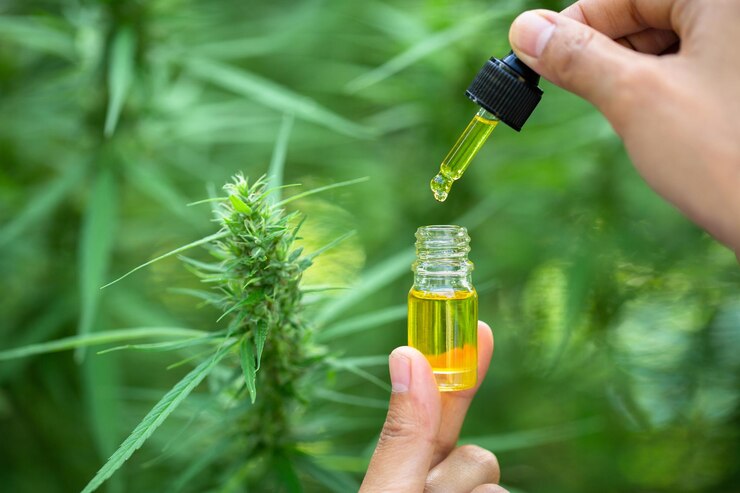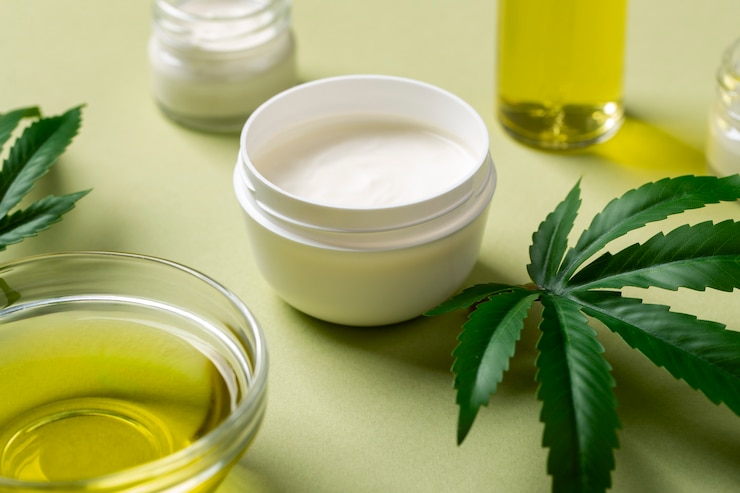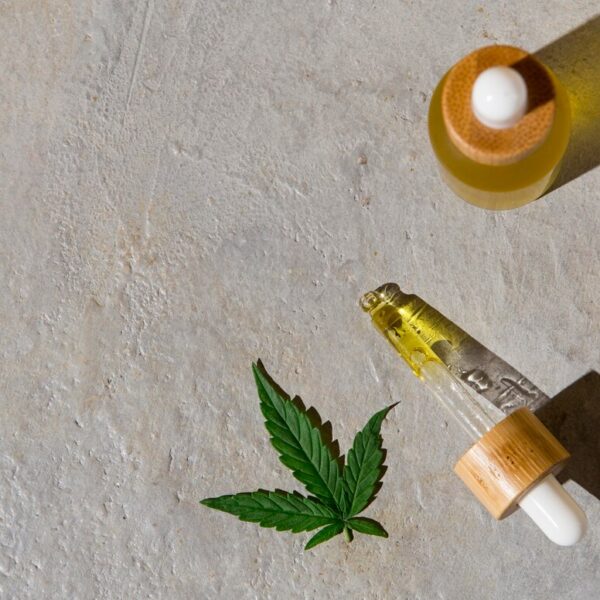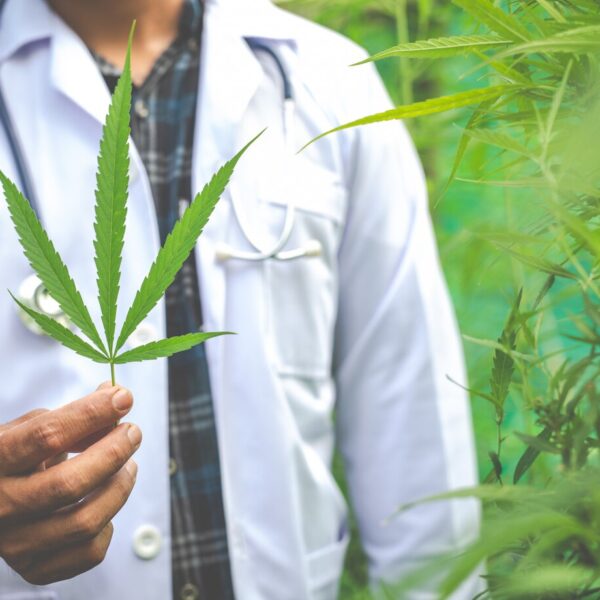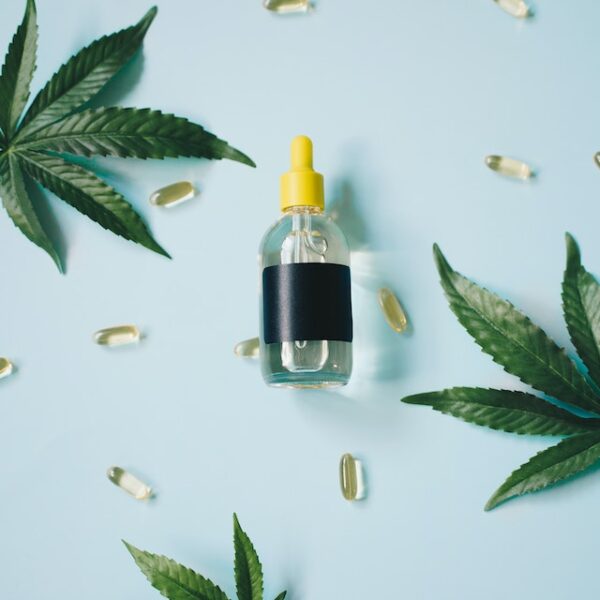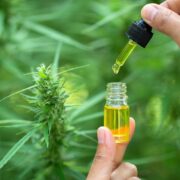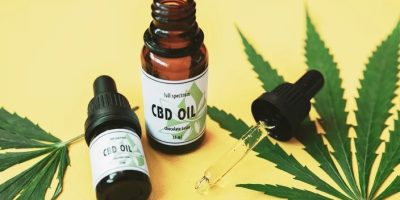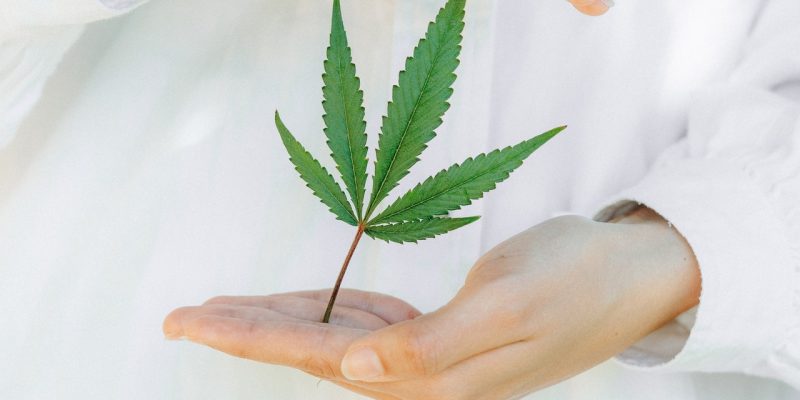
Cannabis sativa usually referred to as marijuana, is a plant with more than 60 cannabinoids. One of these substances is cannabidiol (CBD), which, in contrast to tetrahydrocannabinol (THC), has no intoxicating effects.
In recent years, CBD has become a widely used substance. For patients one year of age and older, the FDA has only approved one medication to treat seizures brought on by Lennox-Gastaut syndrome, Dravet syndrome, or tuberous sclerosis complex. However, research is being done to find out how CBD affects inflammatory, neurological, psychiatric, and cancerous disorders.
Research suggests that CBD oil can effectively treat stress and anxiety. It does this by modifying cognitive and physiological processes through the central nervous system’s endocannabinoid system, a network of neurons.
What we currently know about CBD oil’s potential to reduce stress and anxiety is as follows.
The Stress-Related Benefits of CBD Oil
CBD has demonstrated promise in easing the signs and symptoms of anxiety disorders. In a 2020 review, scientists examined several clinical papers, a case series, and a case report.
The Ideal Dosage for Relieving Stress
After consuming doses ranging from 6 mg to 400 mg, participants showed improved clinical findings on multiple anxiety evaluation measures. In general, CBD was well tolerated. 
Relief of Children’s Symptoms
According to one study, CBD may be able to help young people with moderate-to-severe anxiety who are resistant to treatment. For twelve weeks, 31 participants between the ages of 12 and 25 took CBD, gradually increasing the dosage to a maximum of 800 mg. At the conclusion of the study, participants reported significant improvements in their general functioning and anxiety.
Additionally, CBD can improve some acute stress markers, including participants’ heart rate variability (HRV), a physiological stress indicator.
It’s important to note that participants who went into the study believing that CBD could help them unwind experienced greater changes in HRV.
Possibly Adverse Effects
Despite being usually harmless, CBD may have unfavorable side effects. These might consist of the following:
- Drowsiness
- Dizziness
- Anxiety
- Nausea
- Mood changes
- Alterations in appetite
- Diarrhea
Depending on how much CBD is eaten, certain side effects and their intensity can change. As you determine your tolerance, start with a smaller dose and increase it gradually.
Contraindications
There are some circumstances in which CBD oil should not be used.
If Allergies Are a Problem for You
CBD should not be used by anyone who is allergic to sesame oil or cannabidiol.
A Background on Drug Abuse and Addiction
Additionally, those who have a history of drug or alcohol abuse should use CBD with caution. Despite not making people euphoric, CBD might have addictive qualities. For patients who have used drugs or alcohol in the past or who are currently using them, doctors can consider the risks and benefits of CBD use.
Using Benzodiazepines?
Additionally, before using CBD, people who take benzodiazepines to treat the symptoms of a mental health problem may need to lower their dosage. The use of benzodiazepines and CBD together may cause severe sedation.

